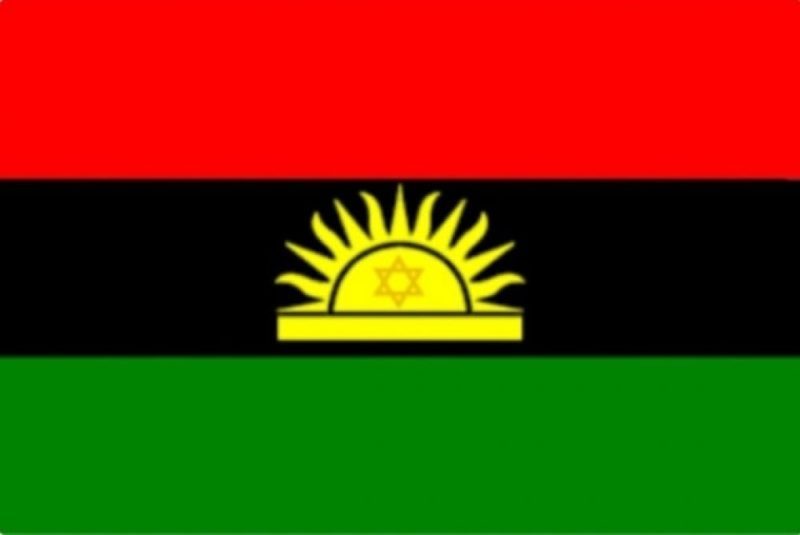 The Indigenous People of Biafra (IPOB) has strongly rejected the Appeal Court’s recent ruling, which affirmed the late Justice Abdul Kafarati’s controversial decision that proscribed the group’s activities. In its response, IPOB branded the judgment as “illegal,” arguing that former President Muhammadu Buhari and ex-Vice President Yemi Osinbajo had not signed the memo authorizing the proscription, rendering it unconstitutional.
The Indigenous People of Biafra (IPOB) has strongly rejected the Appeal Court’s recent ruling, which affirmed the late Justice Abdul Kafarati’s controversial decision that proscribed the group’s activities. In its response, IPOB branded the judgment as “illegal,” arguing that former President Muhammadu Buhari and ex-Vice President Yemi Osinbajo had not signed the memo authorizing the proscription, rendering it unconstitutional.
In a statement issued by IPOB’s spokesman, Emma Powerful, the group criticized the court’s ruling as an elementary error, stating that the ex-parte decision upon which the proscription was based should have expired after 14 days. IPOB further accused the judiciary of failing to uphold the rule of law, calling the ruling a “rape of justice” and a blatant disregard for Nigeria’s legal framework.
Powerful emphasized that the law clearly dictates that ex-parte orders are only temporary and cannot last for years, as the proscription has done. He argued that the decision to proscribe IPOB was heavily influenced by “haters” of the group in Abuja, and that such rulings damage the integrity of the legal system in Nigeria.
The IPOB spokesman also underscored the constitutional requirement that the President must sign the memo for a proscription to be valid, but pointed out that neither Buhari nor Osinbajo signed the order. Instead, it was signed by the late Abba Kyari, a figure who did not hold the legal authority to make such a decision, according to IPOB.
The statement concluded with a strong assertion that the Appeal Court’s ruling undermines the Nigerian Constitution, and by extension, the rule of law in the country. IPOB vowed to continue challenging the legality of their proscription and to stand firm in its demand for justice.